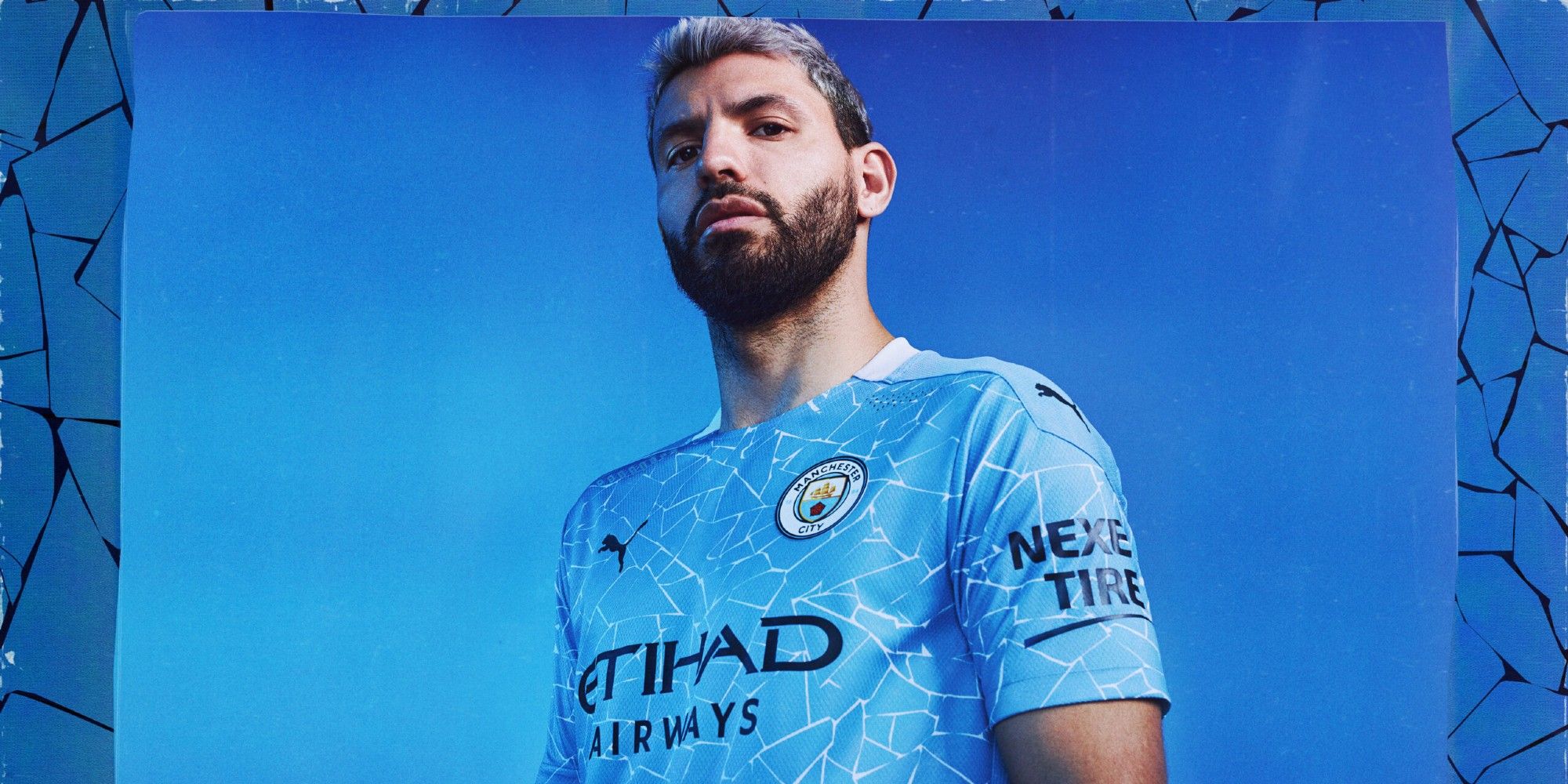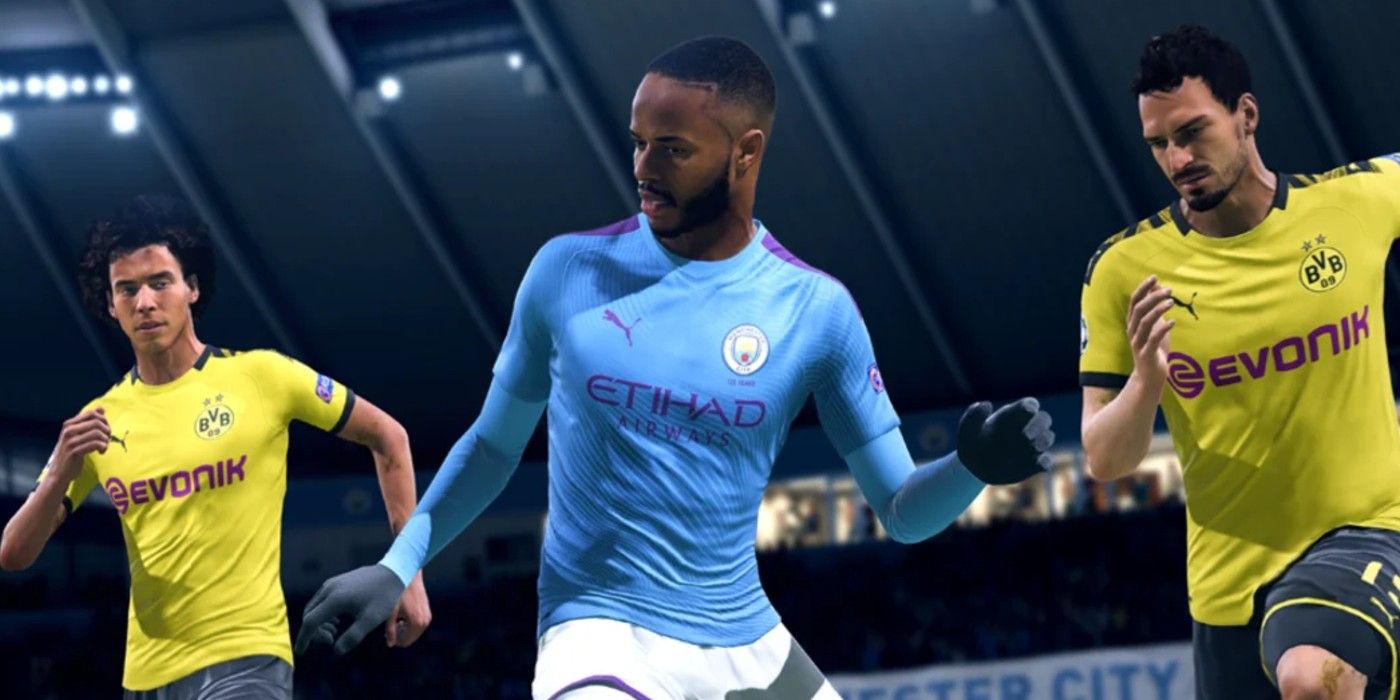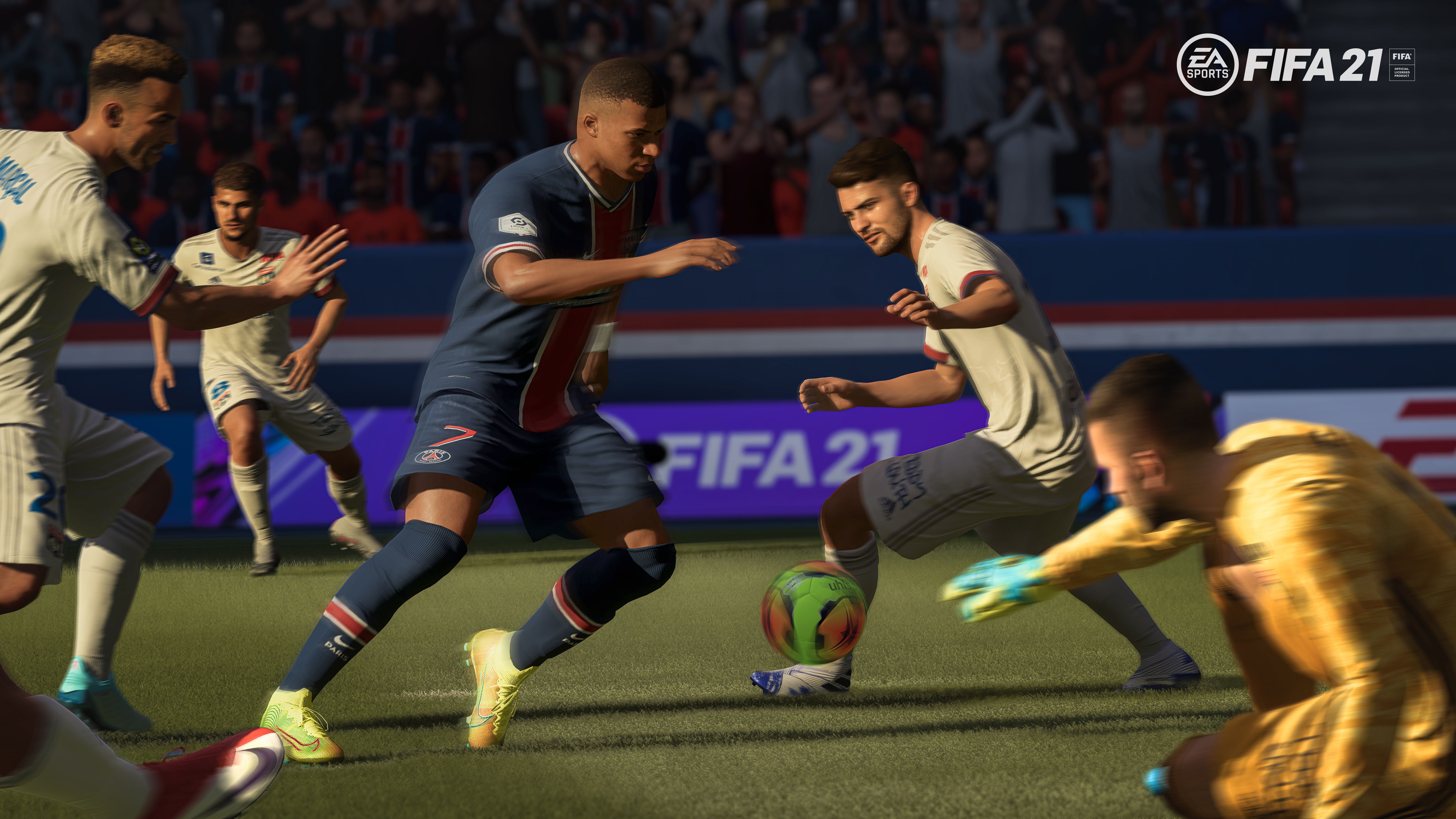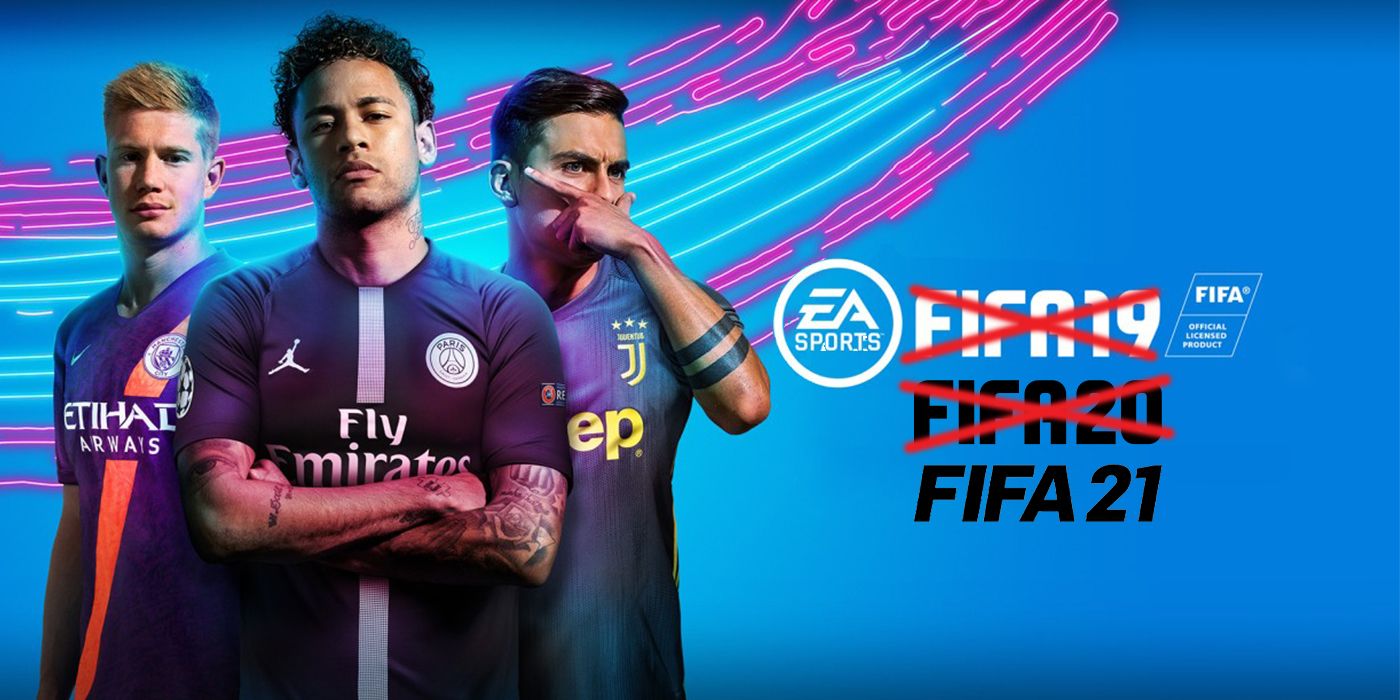FIFA and Pro Evolution Soccer are widely regarded as the top soccer simulation titles, and everyone has a preference. This year, PES isn't releasing a full game. Rather, Konami decided to release a "Season Update," which is not much more than a roster refresh. EA Sports, on the other hand, put out a full game with the expected amount of new content with FIFA 21, including big updates to Manager career mode. With the major difference in releases, FIFA and Pro Evo have two completely different offerings this year. So which game has the most value?
There has to be something said for Pro Evo's retreat to a Season Update package in a marketplace that is dominated by yearly releases. Firstly, the change in model is totally understandable considering how everyone's development cycles were shattered by COVID-19. To make the switch to a Season Update only makes sense. On top of that, it could represent one step forward and two steps back for an industry that fans have lambasted with criticism for not putting enough effort into individual titles.
If authentic teams, lifelike soccer players, and arcade-style gameplay are priorities, FIFA is the way to go. FIFA has always had licenses for the top teams and leagues, which means that teams are represented with their actual badge and kit, as opposed to Pro Evo, who has to come up with placeholders. FIFA also has Ultimate Team and Volta Football, two exclusive game modes that can be played for hundreds of hours. Pro Evo has better physics, better ball movement, and most would consider PES to have a more realistic gameplay, despite FIFA making up ground in that category in recent years. Pro Evo had always been the second option to mainstream FIFA, but the game has secured its own lane in recent years.
PES 21 & FIFA 21's Biggest Differences
The most apparent difference in the two games is the license issue. Where FIFA has Real Madrid or Aston Villa, PES has Madrid Chamartín B or Aston RB. That being said, PES has exclusive rights to Juventus' license, meaning that the Italian champions were known as Piemonte Calcio in FIFA 20. PES also has the license for Barcelona, meaning that Lionel Messi and Cristiano Ronaldo are both licensed players in PES. FIFA also has exclusive rights to the Champions League and Europa League. This means that it's not just the teams that have placeholders, but entire leagues and competitions. That would make for an awkward Manager career mode if PES had such a thing.
Instead of Manager career mode, PES has Master League. It's the same idea: take control of a club and guide them through competitions, transfer windows, and off-field business. The mode is executed much better than FIFA 21's Manager career mode, because there's more tactics, cutscenes, and team personality. There's more RPG elements in Master League, and it feels like there's more individuality to players.
One reason FIFA's Manager career mode is better than Master League is because of the way it regenerates new players. At the start of a Manager mode there's no regen players, but as the seasons go by players retire. In PES, these players are cloned almost exactly, with the same face, body size, and skills, and put into the game world as 16-year olds. This means that when Messi retires, all players have to do is find a 16 y/o player called Messi and he's theirs to sign. It breaks the realism. When this same process happens in FIFA, a regen player is created, but he's given a different name, slightly different body, and nerfed skills. The soccer gaming community has always preferred FIFA's method.
FUT 21 & Volta Football
FIFA Ultimate Team chugs along into FIFA 21, and remains dominated by microtransactions. It's been a cash cow for EA, so there's no reason why the company would cut the game mode, which allows players to build their dream squad by opening packs of cards and dealing them in a market. PES has a mode called My Club that also lets players build a dream squad, but it's more focused on super players and building up the players users already have.
Both modes have been successful. The updates in FIFA 21 cut down the amount of time it takes to manage a squad so that players can have more time to spend on the pitch, including removing fitness items. While the updated player cards mean that this game is a must-buy for staying up to date, there's not a lot of reasons to jump into FUT 21 beyond that.
The biggest difference FIFA 21 has is Volta Football. Volta is the Portuguese word for "return," and this game mode helps soccer return to the streets. Volta mode is 5-a-side street soccer. Last year's new mode allows players to create and fully customize a male or female player in streetwear. It's a throwback to the classic FIFA Street titles released between 2005-12. Volta was a hit with new fans that preferred the quicker pace compared to a full match. PES has no answer for Volta Football, and the move to next-gen will mean that PES has to come up with some way of taking fans back.
FIFA 21 finally makes co-op play available online in Volta Football as well. There's new arenas and featured battles, where players can take on an AI-controlled superstar player like Kylian Mbappe. That being said, there's no new innovation since FIFA 20. There's a new introduction to the mode by A.C. Milan legend Kaka, and he brings new maps. The Milan and Sao Paolo destinations look fantastic, but Volta doesn't add much since last season. Volta Football is the best reason to buy FIFA over Pro Evo, but players had that same reason last year.
Pro Evo going with a Season Update is a massive shift away from the yearly-release cycle that dominates the sports sector of gaming. The performance of this title could change whether Konami adapts the model for years to come. EA would never do such a thing, despite the fact that their new titles seem to offer less and less as the years go by, because fans continue to buy the games. That being said, EA basically admitted that the Nintendo Switch version of FIFA 21 is the same as FIFA 20. There's also no cross-play between PS4/PS5 and XB1/XSX, which means sales of the game are down as gamers look forward to the next generation of consoles.
The Season Update for PES is probably a smart purchase for someone who already has PES 20. It's not every year that you can get two seasons for the price of one and a half. Without previously owning last year's game, however, there's no reason to spend the money on a Season Update for a game that lacks most major team's licenses. FIFA 21, on the other hand, is available for the traditional full price of $60. It's a fully-new game, even if there's no new modes, and although neither game presents truly fantastic value, if a fan already owns both of last year's titles, Pro Evo's season update is a surefire purchase.




